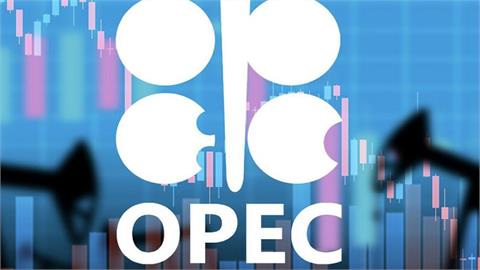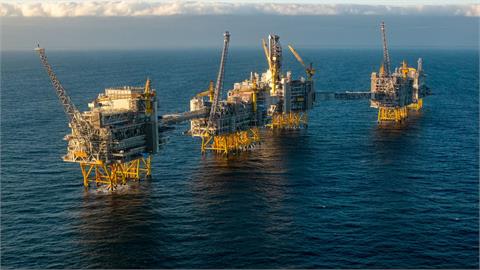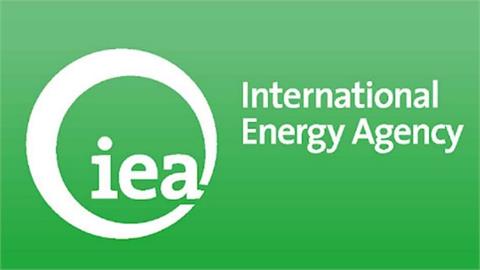Hopes that an oil production freeze could result from a meeting between OPEC and non-OPEC oil producers this coming Sunday are looking increasingly over-optimistic as a number of countries attending the summit could scupper any chances for a deal.
At least 15 major oil producers that account for 75 percent of the world's oil production are expected to attend the April 17 summit in Doha, Qatar this weekend. Oil prices have rallied of late on hopes that oil exporters, suffering from lower oil revenues on the back of a slide in prices and glut in supply, could be ready to unanimously agree to freeze production levels in order to stabilize and rebalance oil markets.
The 13 members of the OPEC oil producing group, which is led by Saudi Arabia, are to attend as well as Russia, Oman and Bahrain, all non-OPEC producers. Mexico is reportedly participating as an "observer" but the U.S., another major shale oil producer, is not attending although it has seen its own oil output decline dramatically following the slump in prices since mid-2014.
Local men wearing traditional khandura dress, also known as the dishdash, sit on a stone bench outside the Dubai Mall in Dubai, United Arab Emirates.
The only problem is that all the producers will have to agree to cut production if a deal is to be reached, not an easy thing to achieve with geopolitical rivalries at play and differing economic needs to meet.
For example, Saudi Arabia has said it will entertain a production cut only if Iran, its regional rival, does the same. Iran, meanwhile, has said it does not want to cut production and is determined to regain its share of the market as it seeks to recover from years of international sanctions. In fact, Iran has said it will attend the meeting but will not talk cuts.
Similarly, some countries in Latin America have already cut production and others are reluctant to cut production in a bid to support prices, concerned that investment will suffer and suspicious that other countries won't abide by any agreement.
As such, there are widespread doubts that a deal will be reached in Doha. Miswin Mahesh, oil analyst at Barclays, told CNBC that a number of countries – like Iran -- looked more likely to ramp up production, rather than cut it once domestic infrastructures were improved.
"The producers that matter are all there but the important thing is what they do and this is to do with a circle of trust," Mahesh told CNBC Europe's "Squawk Box" on Monday.
"Added to the fact that there's geopolitical rivalry between Saudi Arabia and Iran, (any deal) doesn't work from two angles – from the political angle and from the fairness angle and the fact that (Iran) has been offline because of the sanctions."
"With Iran and Libya there's certainly a lot more bandwidth on the upside whereas Iraq is a special case because they've had a great run over the last 6-12 months in terms of ramping up production from the south and the north and they could technically be flat for the rest of the year because of the infrastructure limitations. But they would still not be willing to sign up to the freeze because they think that all that capacity is un-utilized," he added.
Oil prices are currently hovering around the $40 a barrel mark, having recovered from just below $27 a barrel in January. But analysts, including Mahesh, have stressed that lower prices are needed to force producers to cut output and rebalance supply and demand.
"The ideal balancing price is around $30 a barrel. That's when you're starting to see the pain and U.S. producers are starting to adjust etc. but between $40-$50, quite a lot of them have now become so efficient that they can start producing at those levels."
(CNBC)



